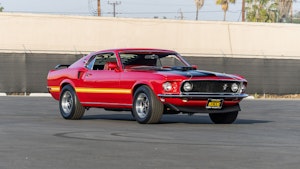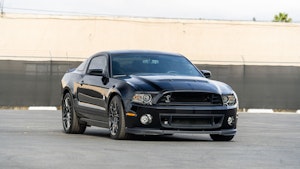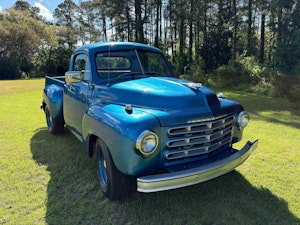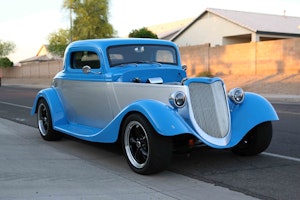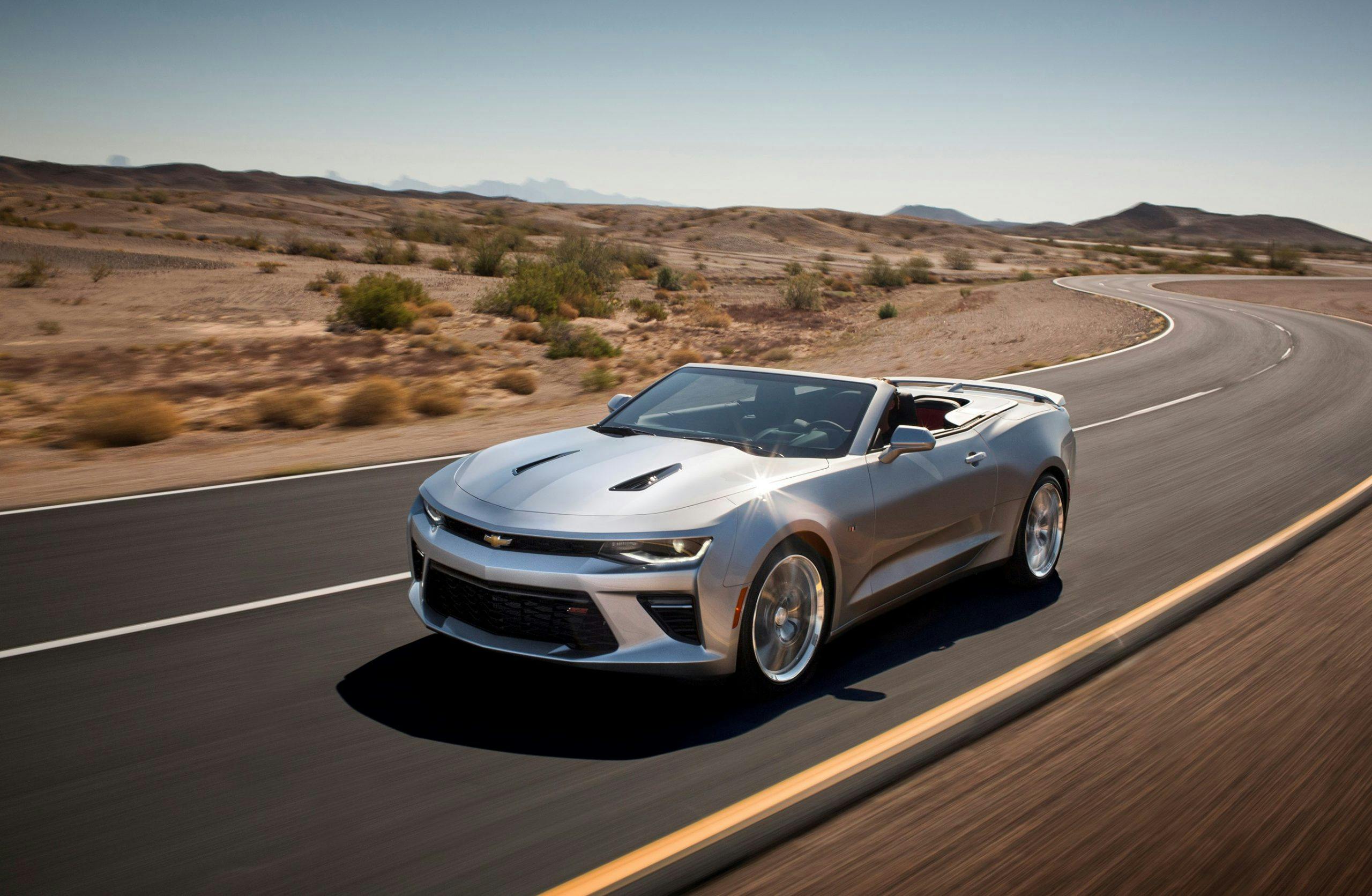Media | Articles
Study concludes convertibles aren’t riskier than non-convertibles
Contrary to the logic your parents likely used to fend off your teenage plea to own a convertible, a new study by the Insurance Institute for Highway Safety (IIHS) reveals that late-model convertibles are no riskier than non-convertibles.
In fact, according to IIHS Director of Statistical Services Eric Teoh, who analyzed crash and fatality rates, both crash rates and driver death rates were slightly lower for convertibles than for non-convertible versions of the same cars.
“These findings don’t suggest that convertibles offer better protection for their occupants than other cars,” Teoh says. “But they do indicate there’s no statistical basis for concerns that the lack of a permanent roof makes them more dangerous.”
With that said, Teoh found that the driver was more likely to be ejected from a convertible in the event of a fatal crash than in a conventional model.
Teoh’s study compared the rates of driver deaths and police-reported crashes per miles traveled (during 2014–18) for convertible and nonconvertible versions of the same models that were 1–5 years from new. Teoh also “compared the circumstances and driver behaviors associated with the fatal crashes, looking at factors like point of impact and whether the driver was ejected from the vehicle, as well as impairment and seat belt use.”
Marketplace
Buy and sell classics with confidence
Teoh learned that convertibles were involved in 6 percent fewer police-reported crashes per miles traveled than their conventional counterparts, and driver death rates were 11 percent lower.

Previous IIHS research has shown that for conventional cars, a stronger roof reduces the risk of a serious or fatal injury as well as the likelihood of ejection in the event of a rollover crash. IIHS added a roof-strength evaluation to its crashworthiness testing program in 2009.
“Although stretched-fabric and retractable-hardtop convertibles are exempt from NHTSA’s current roof-crush resistance requirements, some manufacturers have voluntarily strengthened the A-pillars on either side of the windshield and installed roll bars to provide additional protection in rollover crashes,” the IIHS says.
Comparing fatal crashes for convertible and nonconvertible vehicles, Teoh found that about 25 percent of the fatalities occurred in rollover crashes, about 50 percent occurred in single-vehicle crashes, roughly 60 percent resulted from front-impact crashes, and about 20 percent resulted from side-impact crashes.
Convertible drivers were slightly more likely to be wearing seat belts and slightly less likely to be speeding, though they were a bit more likely to be impaired by alcohol. These differences were too small to suggest a big variation in driver behavior for the two vehicle types. Teoh says he couldn’t account for all possible differences in the way convertibles are driven. For example, “it may be that convertible owners more often drive them in nice weather or on less busy roads, and that could affect crash rates.”
Data was provided by the National Highway Traffic Safety Administration (NHTSA), the National Automotive Sampling System General Estimates System, and the Crash Report Sampling System that replaced it in 2016, also maintained by NHTSA.
The Insurance Institute for Highway Safety (IIHS) is an independent, nonprofit scientific and educational organization dedicated to reducing the losses—deaths, injuries and property damage—from motor vehicle crashes.
Teoh concludes, “Based on this study, convertibles don’t appear to pose a particular safety risk. If you’re shopping for a convertible, you should consider crash test ratings and safety features, just as you would if you were shopping for any other car.”
Sorry, Mom and Dad.

